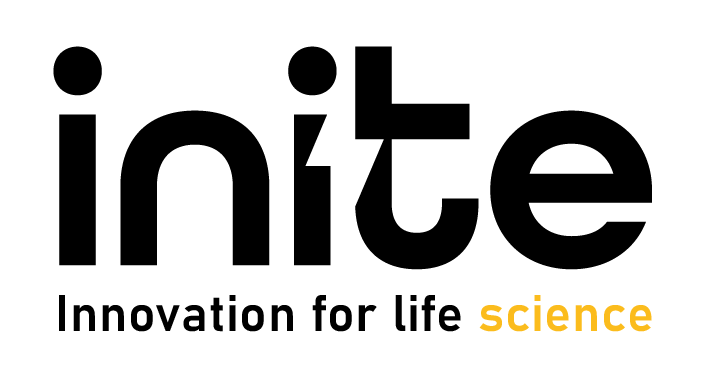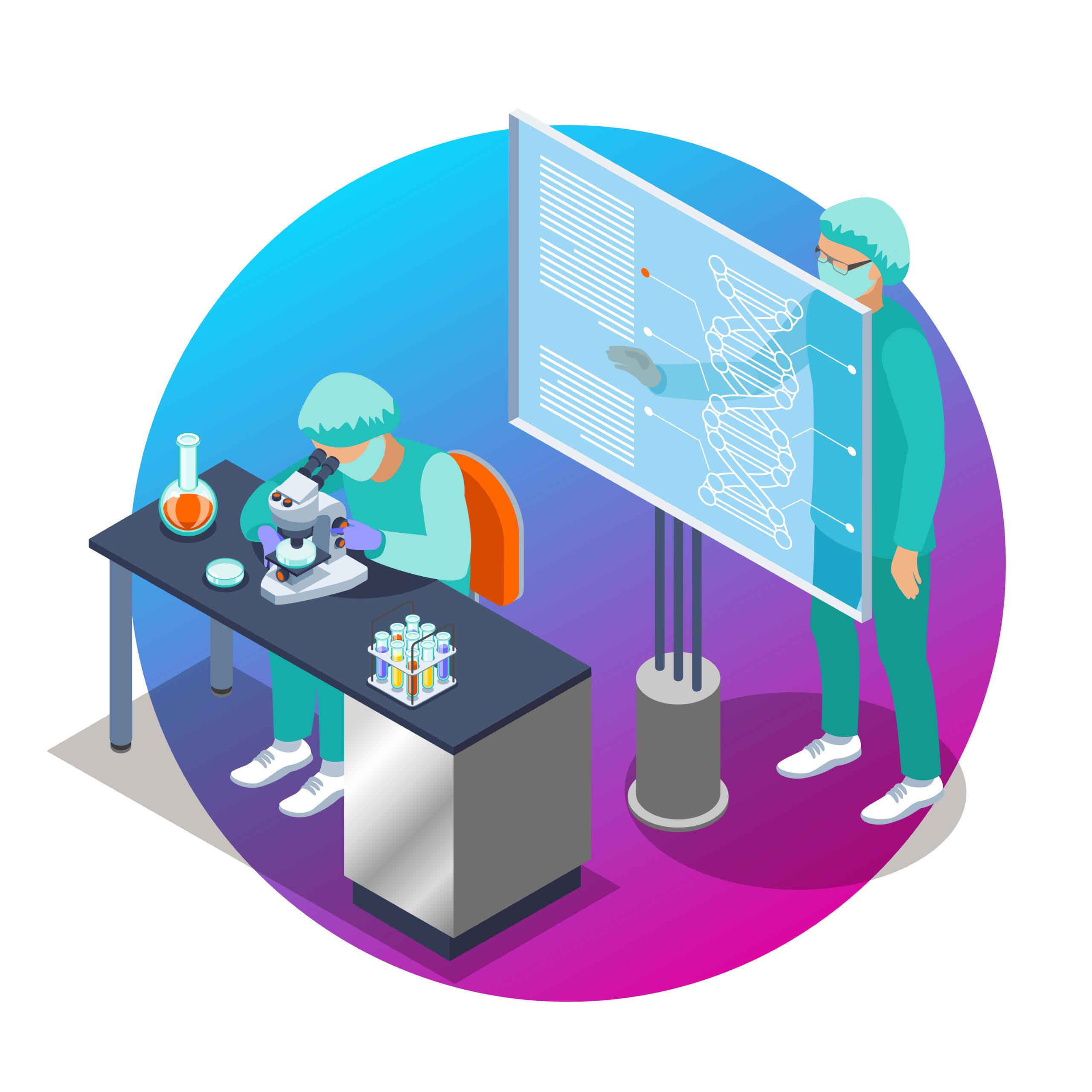Digitalization is far more than a buzzword; it represents the profound integration of digital technologies into the fabric of our daily operations and lifestyles. This transformative process not only alters the way we conduct our tasks but also generates substantial value in the process.
A Glimpse of the Future
Imagine the evolution of traditional laboratory settings: meticulous note-taking and manual testing. Now, envision a laboratory where every piece of data and the status of every piece of equipment are meticulously tracked, analyzed, and updated in real-time. This is the essence of digitalization—a paradigm shift that brings with it numerous advantages, such as data-driven operations, heightened efficiency, empowerment, and proactive decision-making. However, it’s essential to acknowledge the challenges it introduces, including concerns about data privacy, resistance to change, and the complexities of integrating digital solutions.
Measuring the Value of Digitalization
To truly grasp the impact of digitalization, it’s essential to construct a comprehensive business case, following these steps:
- Examine current practices to assess process maturity, identify bottlenecks, and pinpoint areas for digital intervention. For instance, consider manual note-taking in the lab, which is time-consuming and error-prone.
- For each identified limitation, establish value metrics. These metrics encompass more than just cost savings; they may include time saved, error reduction, or even improvements in job satisfaction. For example, adopting a voice-assistant can significantly reduce note-taking time.
- Once these metrics are in place, proceed to measure the actual business value. Did we indeed save those six hours?
- This leads to the final step: assessing the impact. If we did save those six hours, how did it affect our project delivery? If not, what were the gaps?
Remember, it’s not just about recognizing the benefits but also about continual assessment and adaptation. This ongoing process of improvement is integral to the journey of digital transformation.
Changing the Way We Work and Collaborate
Having discussed digitalization and its measurement, let’s now explore its transformative impact on various aspects of our work and collaboration:
- Collaboration Transformation: Digitalization has fundamentally altered the way we collaborate and communicate within organizations. In the past, companies were often organized into silos, leading to hierarchical information flow, delays, and miscommunications. Today, a different paradigm prevails, with seamlessly connected departments fostering open communication and a culture of teamwork.
- Real-Time Collaboration: Digitalization enables real-time collaboration through tools like cloud-based platforms. Multiple individuals can collaborate on a document simultaneously, providing immediate feedback. This accelerates project timelines and ensures alignment among team members.
- Breaking Geographic Barriers: One of the significant effects of digitalization is the virtual erasure of geographical barriers. Team members in different locations, such as New York and Tokyo, can seamlessly collaborate as if they were in the same room.
- Integration of Tools and Platforms: Digitalization paves the way for the integration of tools and platforms, ensuring smooth data flow across systems. This guarantees that all team members have access to the necessary information.
Moving forward, let’s delve into a specific aspect of digitalization—the profound shift in how we implement projects:
- Agile Methodologies: Digitalization has spurred the adoption of agile methodologies, emphasizing flexibility, iterative development, and feedback loops—a shift from fixed to growth-oriented approaches.
- Cross-Functional Teams: Today, cross-functional teams are essential, not optional. Projects demand a blend of technical expertise and business acumen to deliver comprehensive solutions.
- Collaboration Platforms: Collaboration tools do more than facilitate communication; they’re integral for tracking progress, managing tasks, and ensuring transparency, especially in globally dispersed teams.
Leading in the Digital Age
The digital transformation has ushered in a new era of collaboration, fundamentally changing the way leadership operates. In this evolving landscape, leadership practices are adapting to incorporate Agile methodologies, emphasizing streamlined processes, iterative feedback loops, and adaptability.
Modern leaders are defined by the 4Cs:
- Commander: They provide clear directives within the context of the digital realm.
- Communicator: Effective communication is their forte, ensuring that all stakeholders comprehend the benefits, challenges, and processes of digital transformations.
- Collaborator: They excel at fostering collaboration among different departments and stakeholders, ensuring seamless digital integrations.
- Co-Creator: These leaders are innovators, working alongside teams, stakeholders, or customers. They leverage digital tools to cultivate new ideas, solutions, or products.
In practical terms, effective leadership now involves tailoring digital solutions to meet the specific needs of various departments, including those like labs. Transparent communication plays a pivotal role in ensuring that end-users are informed and comfortable with digital system implementations. Additionally, leaders champion the value of digital tools while overseeing their smooth integration. Lastly, fostering cross-functional teams that unite IT, operations, and core business units is essential to developing comprehensive digital solutions.
In brief, digitalization integrates technology into our lives, creating value. It transforms collaboration and leadership through Agile methodologies for example. Measurement involves assessing processes and impact.
Digitalization enables real-time collaboration, transcending boundaries, and tool integration. At Inite, we are convinced that embracing digital transformation is crucial in our tech-driven world for personal and professional success. That’s why we offer workshops on this very topic, empowering you to thrive in the digital age. Check out our website for more!💡





It’s the best time to make some plans for the future and it is time to be happy.
I’ve read this submit and if I may just I desire to counsel you few interesting issues
or suggestions. Perhaps you can write subsequent articles regarding
this article. I want to learn even more issues approximately it!